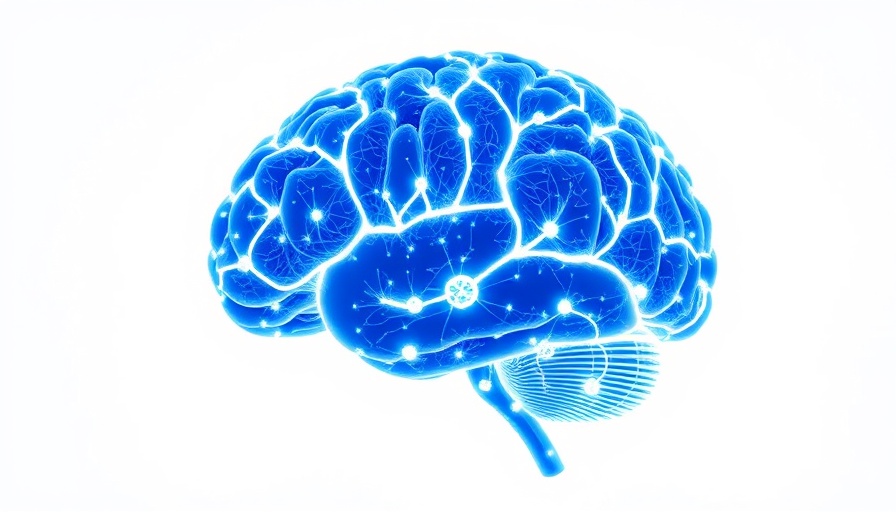
The true benefits of cannabinoids: more than just a trend
Let’s cut to the chase. If you’re not sleeping, feeling energized, or managing to relax, there’s a strong chance you’re not alone. Many people across Massachusetts are grappling with the hustle and bustle of life while seeking natural alternatives. And that’s where cannabinoids step in. These amazing compounds, found in cannabis and hemp, are rapidly gaining attention as a potential solution for everyday stress and sleeplessness.
Unlocking the sleepytime cannabinoid: CBN
Meet CBN, often referred to as the “sleep cannabinoid.” Formed as THC ages, it doesn’t provide a high but is being explored for its tranquil qualities. Many users report that CBN helps them drift off without that dreaded morning grogginess linked to synthetic sleep aids. It’s becoming a go-to for those who have cycled through melatonin with little success. If you find yourself staring at the ceiling at 3 AM, it’s time to consider giving CBN a shot. Just be ready for mixed reviews; while some swear by it, others find little difference.
High energy: meet THCv
On the flip side of the cannabinoid spectrum lies THCv—a compound that’s all about focus and energy. Commonly branded as “diet weed,” THCv is gaining popularity for its potential to boost productivity without the classic fog that accompanies THC. You won’t feel the clouds rolling in; instead, it’s more like downing a double shot of espresso. People even say it helps curb appetite, making it a tempting option for maintaining energy levels while staying on track with healthy eating. However, it’s crucial to understand that THCv isn’t a magic bullet. Instead of thinking it’s the answer to sleepless nights or persistent fatigue, consider it as a complement to a well-rounded lifestyle.
The calming force of CBD
When it comes to cannabinoids, CBD is the household name—a classic that doesn’t get you high, but fancy it out as a remedy for anxiety and stress. While it has a growing reputation among wellness enthusiasts, the truth is that results can vary. Some find relief from aches and anxiety where others see no effects. For the health-conscious folks in Massachusetts, it’s wise to explore how CBD fits into their routine. Like trying a new dish, it might be hit or miss. Just remember: don’t dismiss it too quickly; it could lead to an unexpected moment of calm.
The cultural significance of cannabinoids
As cannabinoids become more widely accepted, we must recognize that they hold more than just a simple product label. They’re part of a cultural movement towards natural wellness that is reshaping our attitudes toward health. Our relationship with substances like cannabis has evolved dramatically—from stigma to a potential source of relief. This is especially true in progressive spaces like Massachusetts, where the conversation about mental health and wellness is deeply integrated into public discourse.
Exploring future trends in cannabinoid use
What's next for cannabinoids? As science continues unveiling their benefits, we’ll likely see a shift toward more nuanced products, catering to specific health needs. The rush for legality and acceptance has already led to diverse products on the market, from oils to gummies, each aimed at different effects. Future trends could see CBD, CBN, and THCv blended into targeted blends tailored to personal health goals. Looking ahead, as health claims wait for rigorous scientific backing, manufacturers will need to tread carefully and transparently to build consumer trust.
Bringing cannabinoids to your wellness routine
Integrating cannabinoids into your wellness routine isn’t a one-size-fits-all endeavor. Be open to experimenting, but do so mindfully. Start with one cannabinoid at a time—perhaps CBD for calming effects, then explore CBN when it’s time to unwind. Tracking your reactions will enable you to personalize and optimize your health regime efficiently. Embrace the journey! It’s not solely about the product; it’s about creating a lifestyle that values authenticity, wellness, and a more relaxed state of being.
So, what’s stopping you? If you think cannabinoids might just be the key to unlocking your best self—less stress, better sleep, and a relaxed vibe—take the leap. Explore local dispensaries in Massachusetts or online retailers to find products suited to your needs. Remember: take the time to find what works for you, and don't be afraid to mix different cannabinoids for a tailored experience.
This exploration into cannabinoids gives you an opportunity to take control of your relaxation, energy, and sleep patterns. Don’t let the noise of modern life dictate your wellbeing—discover the natural alternatives out there.
 Add Row
Add Row  Add
Add 




Write A Comment